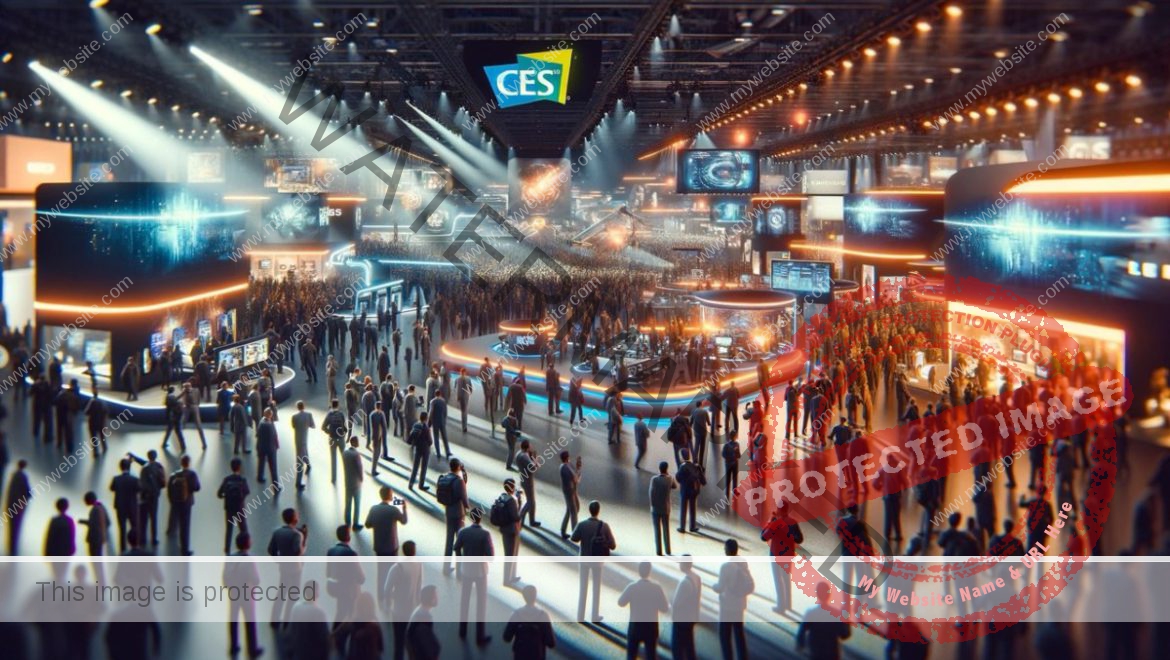The Station is a weekly newsletter dedicated to all things transportation. Sign up here — just click The Station — to receive the newsletter every weekend in your inbox. Subscribe for free.
Hey-o! Howdy readers and welcome back to The Station, your weekly newsletter on all things transportation. I hope you enjoyed the New Year! I appreciated a bit of rest and recovery, just in time for CES 2024.
Yup, I’m in Las Vegas, yet again, for the annual tech trade show. The Big Three U.S. automakers (Ford, GM and Stellantis) won’t have big splashy displays and announcements as in past years. However, there will be plenty of automotive, and more broadly, transportation companies and startups in attendance. I will be on the hunt all week for intriguing and innovative tech. Wish me luck. ;D
Honda, Kia and Vinfast are showing off EVs, Hyundai’s Supernal will reveal an electric vertical take off and landing vehicle and Mercedes will be focusing on software and the in-cabin experience. AI is a theme that is popping up everywhere and perhaps surprising to some, hydrogen fuel will also have a presence.
Stay tuned for our coverage this week.
Want to reach out with a tip, comment or complaint? Email Kirsten at kirsten.korosec@techcrunch.com. Reminder that you can drop us a note at tips@techcrunch.com. If you prefer to remain anonymous, click here to contact us, which includes SecureDrop (instructions here) and various encrypted messaging apps.
Deal of the week
It’s been a bit quiet the past few weeks, but there have been a smattering of deals worth sharing.
One of note is Gbike, a Seoul-based shared e-scooters and e-bikes operator that is gearing up to go public on the Korean stock market and is reviewing acquisition targets. Founder and CEO Walter Yoon told TechCrunch that the company is in talks for acquisitions in the micromobility industry to increase its market share before its planned initial public offering, aiming for early 2025.
“Details have not been materialized yet, but we’re currently looking at around three to five targets to acquire,” Yoon said, adding that it has not decided how many acquisitions it will complete.
Other deals that got my attention …
Bumper, an auto repair financing startup based in London, raised $18 million in a round led by AutoTech Ventures. Shell Ventures, InMotion Ventures, Porsche Ventures, and Revo Capital also participated. Bumper also secured $30 million in debt.
Revfin, an Indian fintech startup that offers auto loans for electric two-wheelers and three-wheelers raised $14 million in a Series B round led by Omidyar Network, the philanthropic investment firm from eBay founder Pierre Omidyar.
Salt Creek Capital acquired Vantage Vehicle International, a California-based maker of low-speed utility vehicles.
Swap Energy, an Indonesian EV battery startup, raised $22 million in a Series A round led by Qiming Venture Partners. GGV Capital and existing investor Ondine Capital also participated.
Notable reads and other tidbits
ADAS
Contributor Tim Stevens tested the advanced driver assistance systems in Tesla, BMW, Ford, GM and Mercedes. Here’s how they stacked up.
Autonomous vehicles
Aurora and Continental passed the first major hurdle in a $300 million project to produce thousands of autonomous hardware kits for self-driving trucks.
China’s robotaxi industry is facing new headwinds — and a bit of wariness after watching the drama at Cruise unfold. TC reporter Rita Liao does a deep dive on how these startups are coping.
Nuro struck a deal with safety-focused software company Foretellix to help with virtual testing of its automated driving system, in a bid to cut R&D costs.
Electric vehicles, charging & batteries
2024 will be a crucial year for India, as the country faces challenges to offer accessible growth capital to late-stage startups while trying to lure Tesla and other foreign EV manufacturers to enter its domestic market. Here’s how the country will navigate EVs in 2024.
Fisker is struggling to meet internal sales goals, documents show.
Rivian delivered 10% fewer EVs in the fourth quarter, compared to the third quarter, leaving investors worried about softening demand. Rivian did exceed its production goals for 2023, providing some positive news for the EV maker.
Superpedestrian’s electric scooters — more than 20,000 of them — will be auctioned off later this month, along with other equipment from the startup’s U.S. operations, after closing its doors December 31. Also, don’t miss this article from TechCrunch about what Superpedestrian’s demise means for the e-scooter industry.
Tesla shipped a record number of electric vehicles in Q4 to help it edge out its targets for the year, thanks in part to the popularity of its cheapest vehicle.
The U.S. government revealed the list of EVs that qualify for the full federal tax credit under the newer, more stringent guidelines. Here’s the qualifying EVs list and more details on what drove the change.
VinFast has earmarked an investment of up to $2 billion to build a factory in India.
Cities
TC reporter Rebecca Bellan turned her attention to the overlooked tech that kept cities moving in 2023.
Uber has quietly been testing a flexible pricing service in more than a dozen cities in India.















